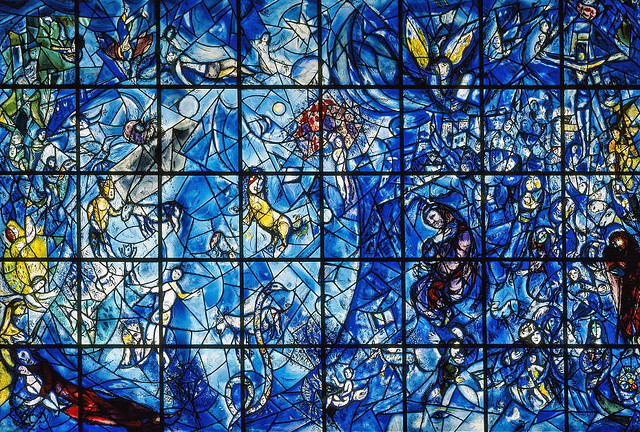 Image via WikipediaUN Secretary General in 1961, Dag Hammarskjold's wrote a remarkable book Markings which made a huge impact on me when I read it as a teenager and I still find his insights today as fresh as ever so I was particularly interested to see this news item from the BBC which begins :
Image via WikipediaUN Secretary General in 1961, Dag Hammarskjold's wrote a remarkable book Markings which made a huge impact on me when I read it as a teenager and I still find his insights today as fresh as ever so I was particularly interested to see this news item from the BBC which begins :Suspicions that the plane was shot down, never fully laid to rest, are now again on the rise.
After his death, Mr Hammarskjold was described by US President John F Kennedy as the "greatest statesman of our century". He was a man with a vision of the UN as a "dynamic instrument" organising the world community, a protector of small nations, independent of the major powers, acting only in the interests of peace........"
I am not a person that usually is a fan of conspiracy theories but the points raised by the article are pretty convincing to suggest there really is some substance to the theory he was murdered.
Susan Williams' book, Who Killed Hammarskjold?, is published by Hurst and Company.
It is a short, taut and highly readable account of Hammarskjold’s death that suggests strongly that the Secretary-General was the victim of a conspiracy hatched by some supporters of continued white domination in central Africa," writes the African expert and author Stephen Ellis (Season of Rains - Africa in the World Hurst & Company London 2011)
"The death of Dag Hammarskjold is a major historical puzzle," writes James Mayall, the Sir Patrick Sheehy Professor of International Relations at the University of Cambridge. "Susan Williams has left very few stones unturned in her attempt to unravel it."
"The death of Dag Hammarskjold is a major historical puzzle," writes James Mayall, the Sir Patrick Sheehy Professor of International Relations at the University of Cambridge. "Susan Williams has left very few stones unturned in her attempt to unravel it."
Author Gerard Prunier declares - ". as exciting as a James Bond novel, this important book, which vividly conveys the tumultuous decolonization of the Congo is the one for you."
BBC World Service's Witness programme this Monday reports on Dag Hammarskjold's life and death,
featuring contributions from his nephew Knut Hammarskjold and Dame Margaret Anstee
One of my earlier posts here has several quotes from Hammarskjold's book Markings.
One of his quotes that I remember struck me forcibly as a teenager and still does is :
"The cross confronts every one of us is some shape or form at some time.
Dare he, for whom circumstances , make it possible to realise his true destiny, refuse it simply because he is not prepared to give up everything else ?"
Dag HammarskjoldThis large free-standing composition in stained glass is a memorial to Dag Hammarskjöld, and the fifteen others who lost their lives in the plane crash in Ndola, Africa while on a peace mission.
It was a gift from United Nations staff members and Marc Chagall, the French artist who executed the work. Photo source Flickr.
Maybe as the author of the blog Knot of Stone says wisely :
Already before his death he’d written to himself: “Do not seek death. Death will find you. But seek the road which makes death a fulfillment.”



No comments:
Post a Comment